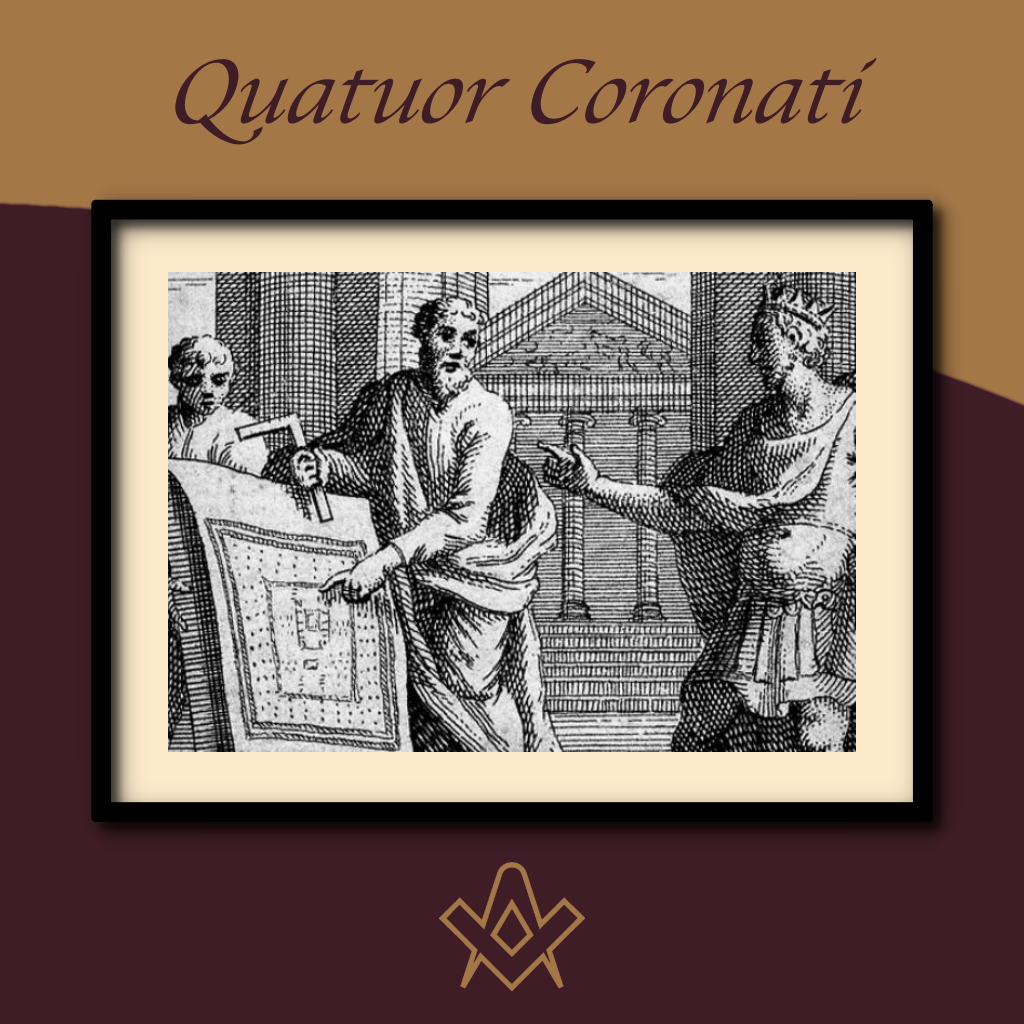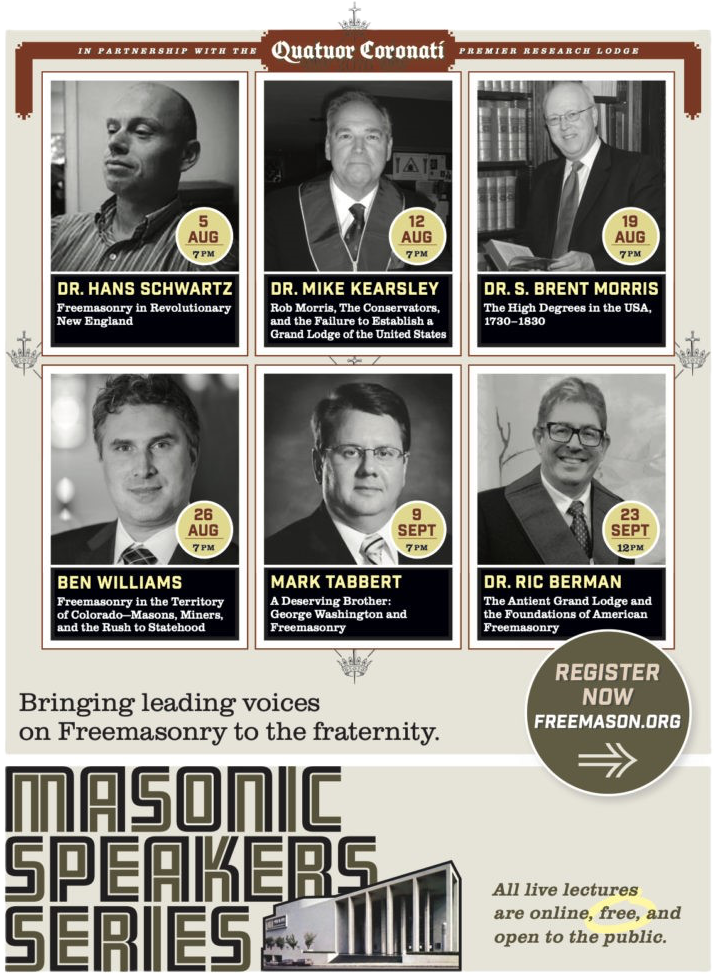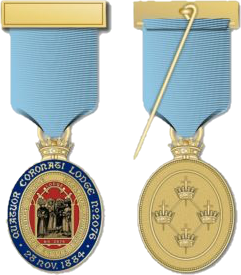In the July issue we featured an article entitled ‘The Importance of Masonic Research’ – this month we focus on Research Lodges, in particular Quatuor Coronati Lodge No. 2076
What is a Research Lodge?
A Research Lodge is a type of Masonic lodge devoted to Masonic research.
It is a chartered lodge, with the charter from a Grand Lodge. It does not confer degrees, and membership is restricted to Master Masons of the same jurisdiction.
There are research lodges in most countries where Freemasonry exists.
Most Research Lodges have some type of transactions, proceedings, or even just a newsletter that is published regularly.
You can find a list of worldwide Research Lodges here.
The World’s Premier Research Lodge
Quatuor Coronati Lodge No. 2076 is the world’s premier research lodge.
It was established in London in 1884 by nine Masons:
Sir Charles Warren, William Harry Rylands, Robert Freke Gould, The Revd Adolphus Frederick Alexander Woodford, Walter Besant, John Paul Rylands, Major Sisson Cooper Pratt, William James Hughan, and George William Speth
Who were dissatisfied with the way the history of Freemasonry had been expounded in the past.
The Lodge was not formally inaugurated until two years later, due to the absence of the first Master, Sir Charles Warren, who was on a diplomatic mission in Southern Africa.
They insisted on using an evidence-based approach to the study of Masonic history and they intended that the results should ‘replace the imaginative writings of earlier authors on the history of Freemasonry’.
They became what is now known as an ‘authentic’ school of research.
The name Quatuor Coronati means Four Crowned Ones or Four Crowned Martyrs and is taken from lines 497-532 of the Regius Poem (c.1390), one of the oldest Masonic documents.

The Four Crowned Saints. Statue commissioned by the Arte dei Maestri di Pietra e Legname (guild of wood and stone cutters). Orsanmichele, Florence.
IMAGE LINKED: wikimedia Attribution 4.0 International (CC BY 4.0)
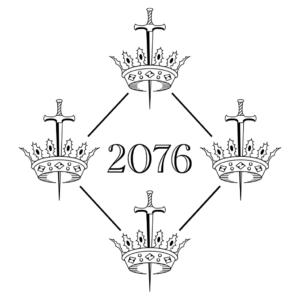
Ars Quatuor Coronati
[The art of the four crowned ones]
Pray we now to God almight, (almighty)
And to his mother Mary bright,
That we may keep these articles here,
And these points well all y-fere, (together)
As did these holy martyrs four,
That in this craft were of great honour;
They were as good masons as on earth shall go,
Gravers and image-makers they were also.
For they were workmen of the best,
The emperor had to them great luste; (liking)
He willed of them an image to make
That might be worshipped for his sake;
Such monuments he had in his dawe, (day)
To turn the people from Christ’s law.
But they were steadfast in Christ’s lay, (law)
And to their craft without nay; (doubt)
They loved well God and all his lore,
And were in his service ever more.
True men they were in that dawe, (day)
And lived well in God’s law;
They thought no monuments for to make,
For no good that they might take,
To believe on that monument for their God,
They would not do so, though he were wod; (furious)
For they would not forsake their true fay, (faith)
And believe on his false lay, (law)
The emperor let take them soon anon,
And put them in a deep prison;
The more sorely he punished them in that place,
The more joy was to them of Christ’s grace,
Then when he saw no other one,
To death he let them then gon; (go)
Whose will of their life yet more know
By the book he might it show
In the legend of sanctorum (holy ones)
The names of the quatuor coronatorum.
Their feast will be without nay, (doubt)
After Hallow-e’en the eighth day.
If you would like to know more about the history of Quatuor Coronati Lodge of Research there is a superb booklet written by QC member Colin Dyer – you can read it by the chapter here.
Meetings and Transactions
The Lodge holds five meetings a year at Freemasons’ Hall in Great Queen Street, London, where papers are delivered, and the presenters are questioned on their work. These papers are then published yearly as the Transactions of the Lodge entitled Ars Quatuor Coronatorum (AQC).
Published annually since 1886, Ars Quatuor Coronaturum is the longest continuously running Masonic Research Journal in the world. Collectively, AQC’s volumes form a repository of Masonic history and research, and are regarded as one of the most important sources available. A list of past articles can be found here.
The Transactions is required reading for anyone interested in Masonic history or considering researching an article for presentation and/or publication. In addition to research papers and articles, AQC includes reviews of the latest books on the history of Freemasonry and details the contents of other Masonic journals.
The volume is elegantly produced as a blue clothbound hardback book. (Limited edition versions in red binding have been discontinued.) Older volumes are rare and may command a high price in the secondhand market. Full sets are available in the world’s principal research and reference libraries. The only way to ensure that you receive your copy of AQC is to maintain your membership – we keep a small stock of back issues but these often sell out quite quickly.
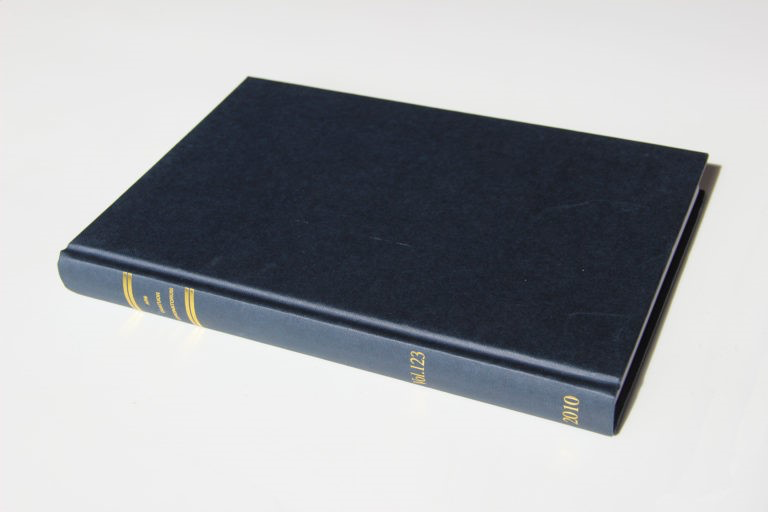
Quatuor Coronati’s Transactions Ars Quatuor Coronatorum (AQC)
IMAGE LINKED: wikimedia Attribution 4.0 International (CC BY 4.0)
The Aims of the Lodge are as follows [from the QC website]:
‘Our aims have remained broadly the same for over a century: to maintain an interest in Masonic research by presenting and discussing original research papers; publishing papers and comments in AQC; and supporting and encouraging Masonic scholars globally.
The Objects of the Lodge were set out in the first volume of AQC:
- Provide a centre and bond of union for students of Freemasonry and Masonic history
- Attract Freemasons to meetings of QC in order to encourage an appreciation of Masonic research
- Submit the discoveries or conclusions of researchers to the judgment and criticism of their peers by means of papers read in Lodge
- Submit these communications and the discussions arising to the general body of the Craft by publishing the Transactions of the Lodge
- Reprint scarce and valuable works on Freemasonry
- Allow the English-speaking Craft to become acquainted with the progress of Masonic study elsewhere by translations (in whole or part) of non-English language works
- Tabulate concisely in the Transactions the progress of the Craft throughout the world
- Acquire permanent premises and form a Masonic library and museum
Each of these aims remain valid except the last.
Quatuor Coronati found a permanent home in Freemasons’ Hall, Great Queen Street, London, and the Library & Museum houses our books and archives and stores certain of our possessions.
Others have been gifted or placed on loan to Masonic museums elsewhere.
Advances in technology have relieved us of the need for a physical office and permanent staff, and QCCC is administered today by a small number of volunteers from among QC’s members.’
Lectures and Talks
Due to the current Covid-19 pandemic restrictions, meetings of QC Lodge and face-to-face talks by members of the Lodge are presently suspended.
They are however maintaining online support for Masonic research and making their (and other) lectures available online. Lectures that were to have been held in QC’s regular meetings are instead being uploaded to QC’s YouTube Channel, with Q&As hosted on Zoom.
Other online lectures with which they or members of QC are associated can be found by clicking here.
Join the Online Masonic Speaker Series
For more information on any aspect of Quatuor Coronati or to join QCCC visit their website
Related articles:

Book Review – Charles Warren: Royal Engineer in the Age of Empire
Sir Charles Warren, the Police Commissioner who failed to catch ‘Jack the Ripper’
more….
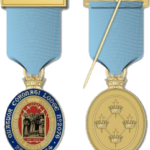
Join QCCC
How to join QCCC – the world’s first and oldest Masonic research society established over 135 years ago.
more….
Article by: Philippa Lee. Editor

Philippa Lee (writes as Philippa Faulks) is the author of eight books, an editor and researcher.
Philippa was initiated into the Honourable Fraternity of Ancient Freemasons (HFAF) in 2014.
Her specialism is ancient Egypt, Freemasonry, comparative religions and social history. She has several books in progress on the subject of ancient and modern Egypt. Selection of Books Online at Amazon
Recent Articles: masonic lodges series
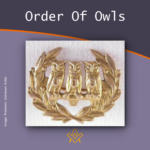 Who were The Order of Owls? - they utilised covert rituals, signals, grips, and passwords and had an organised membership structure with four degrees. Initiates had to recite a lengthy commitment in order to join. The ceremony of the Order was said to be "elegant" and free of any religious observances or offensive material. In an Owls circular from the beginning of the 1920s, this was mentioned. |
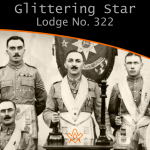 Glittering Star Lodge No. 322 - Freemasonry's Foot Soldiers Discover the glittering history of a travelling military lodge and how their recent historic gathering of Irish and English Freemasonry ended up in the Tower of London! |
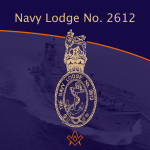 A short, but fascinating history of Navy Lodge No, 2612 - a lodge fit for princes and kings - 'past membership has included four monarchs…. |
 During these uncertain times, it makes sense to diversify and adapt - Internet Lodge No 9659 has been doing just that for some time. |
 An introduction to the Premier Lodge of Masonic Research |
masonic knowledge
to be a better citizen of the world
share the square with two brothers

click image to open email app on mobile device
